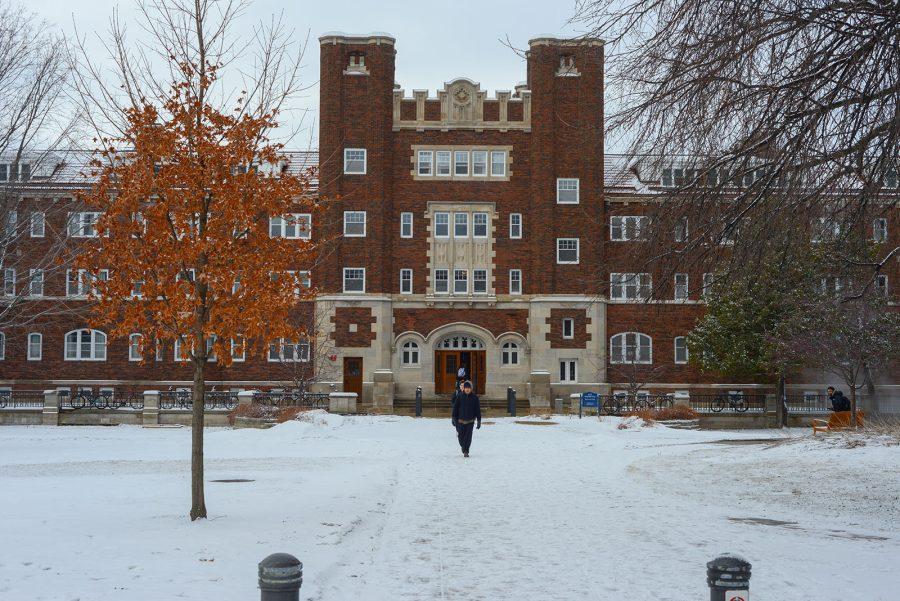The CSA Constitutional Amendment proposed by the Constitutional Review Board was ratified on February 23 by the Carleton student body with 92.5 percent of votes. This amendment will take the role of defining CSA’s role on campus as well as giving the student body more power in holding them accountable. The amendment was proposed at the beginning of fall term and took two nearly terms to get passed.
“We anticipated that it was going to take a term to get finalized, but it ended up taking up two terms because there was a lot to discuss and flesh out,” said CSA President Anesu Masakura ’20.
Masukara also said that, due to the fact that the review board met outside of the CSA Senate, there was no delay to anything else on the CSA agenda.
A major reason for this amendment was the amount of confusion that Carleton students have expressed about CSA, its smaller bodies, and what roles they play. “We had to say that these are the constituent bodies of the CSA, and this is how they function in relation to each other to make that clear for both senators and students.”
Now that the amendment has been passed, the CSA publicity team’s role will be to inform students of the amendment and what it means for the student population. “There are some amendments in there that do directly affect students and their relationship with the student government,” said Masakura.
The recall process provides on example. The recall process means that if the students believe an elected representative is not fulfilling their duties, the student body has the right to send a petition to the CSA President that will call for a vote to remove that representative from office.
Masakura says that this amendment will give power back to the student body and remind them that, “if you elected us, you can remove us, too.”
The amendment took effect on Monday, February 24 and it will be up to the current CSA Senate and the next CSA President, Andrew Farias ’21, to oversee its implementation. While the overarching theme of this amendment is to create a more intimate relationship between the student body and CSA, Masakura also expects dynamics to change within CSA meetings themselves.
Masakura said, “Under my leadership, we have managed to change the dynamics in CSA. Senators are more productive. They are more eager to push forward on issues and causes on behalf of the student body.”
The amendment is intended to continue this trajectory by strengthening the relationship between senators and students. Last November, Masakura released an executive report with the intent of ensuring transparency with the student body, even though the CSA Constitution did not require it. He hopes that future CSA Presidents will do the same, and said “one way to do that is to codify certain things.”
Despite the perception that CSA does relatively little, Masakura explained that “CSA actually does stuff. We have representation on many college committees where we represent student interests. The student body may not always know about those things. Perhaps we are doing a poor job of advertising.” He hopes that making a reporting system, including executive reports and similar summaries, will help solve this issue.
Masakura is pleased with the performance of CSA under his leadership but recognizes several areas where this amendment will improve communications in the future. Considering the high demands of his position, Masakura emphasized website improvements as an effective means of making these changes.
This amendment comes at a time when CSA leadership is changing hands. The new administration will play an important role in the implementation of this amendment, as well as responding to the student body’s reaction.












